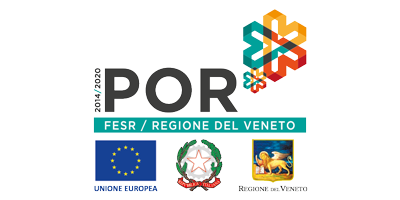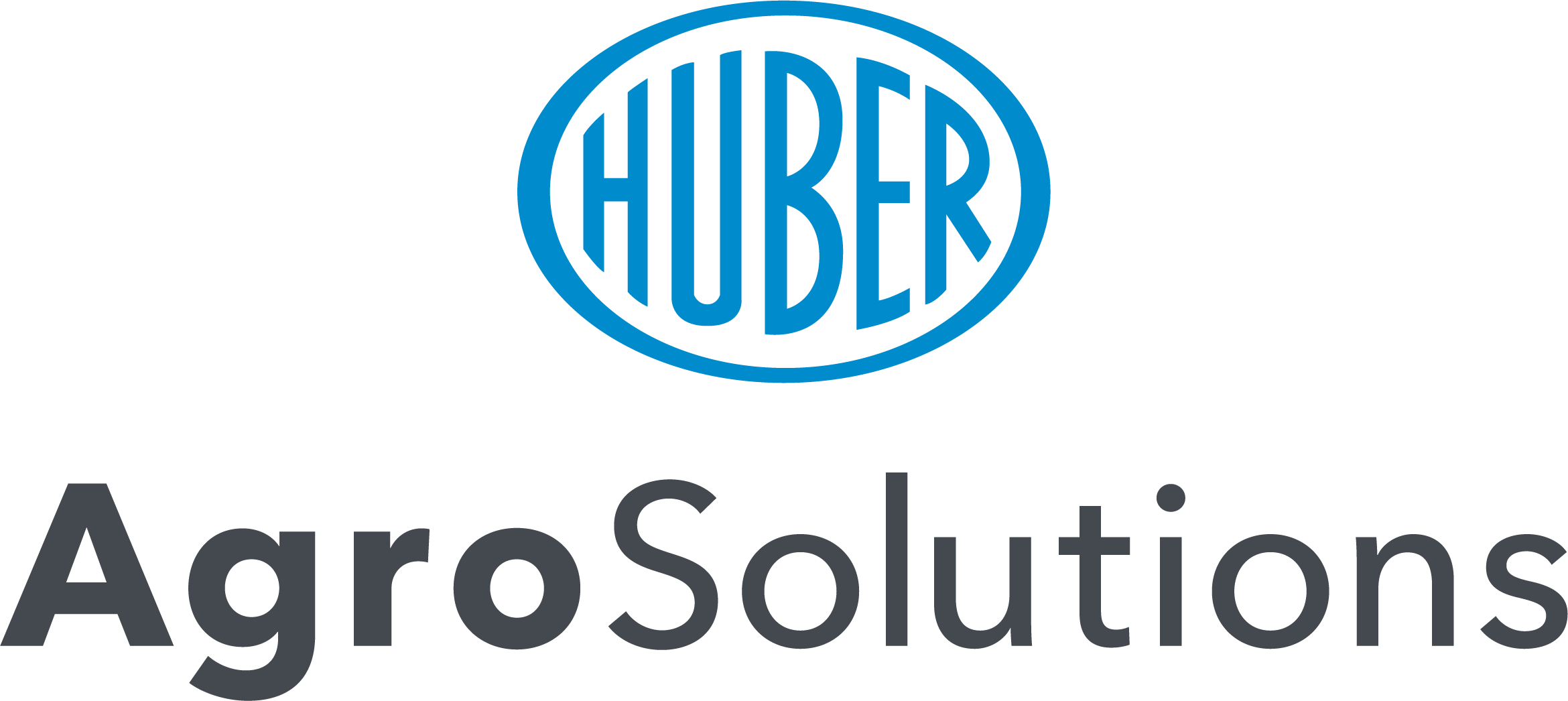Editorials
LINEAPELLE: ILSA at the roundtable on the topic of the environmental footprint of the leather and fashion supply chain
On September 26th, from 14:00 to 17:15 hrs, the International Conference on the sustainability of the leather supply chain organized by UNIC, COTANCE, in collaboration with the European Commission, will take place.
21/09/2018
At the invitation of UNIC Concerie Italiane, the association of Italian tanners, ILSA’s industrial director Franco Cavazza will participate in the roundtable on the environmental product footprint in Europe, which is organized during Lineapelle. Other than UNIC, the event is organized by COTANCE – the Confederation of National Associations of Tanners and Dressers of the European Community – and CNR, the main public research structure in Italy, in collaboration with the European Commission.
ILSA is the only Italian company in the fertilizer sector to have already conducted, in 2015, a study of the environmental footprint of its industrial premise and its products, focusing on its core products that are obtained by the recovery of animal by-products (trims and shavings of tanned leather) typically discarded during the final stages of the tanning process.
These materials, which are in all respects a waste for the tanning sector, are valued by ILSA, and are reutilised through enzymatic extraction and thermobaric hydrolysis with steam, generating valuable fertilizers and biostimulants that are in great demand in markets all over the world.
The study carried out has dual uses: On the one hand, it provides useful contributions in the form of environmental sustainability to the tanning sector, because it allows to significantly reduce the environmental footprint of the tanning process and its related by-products. Considering the entire life cycle of the leather, ILSA has scientifically and accurately calculated that its own recovery process has a significantly lower environmental footprint than other recovery and disposal solutions (specifically waste-to-energy) out there.
As an example, the indicator related to the Carbon Footprint (one of the 16 indicators calculated and provided for by the European guidelines for the OEF / PEF study) is more than halved in ILSA’s case. On the other hand, the study allows ILSA to strengthen its green reputation, by producing and trading fertilizers and biostimulants for a sustainable agriculture and in accordance with the circular economy principles, thus reducing the environmental impact of the entire downstream agri-food chain.
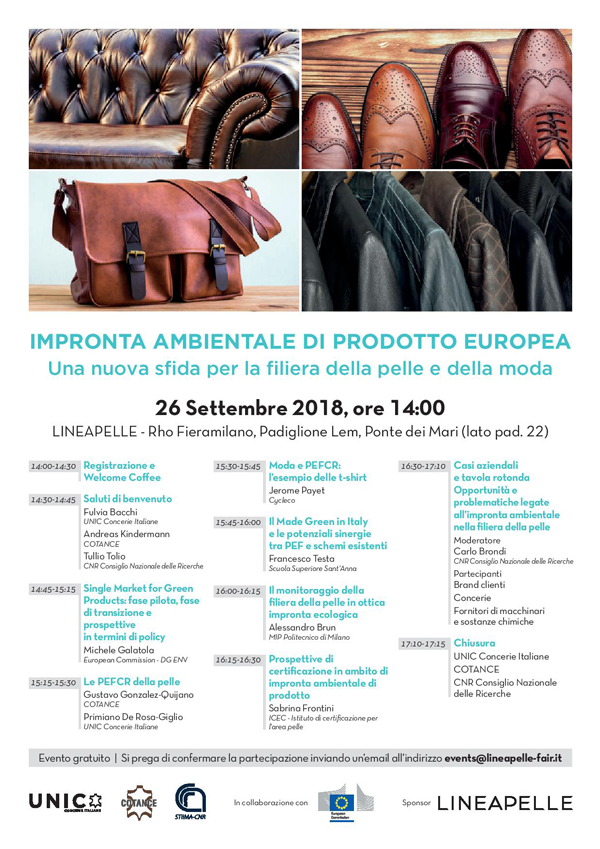

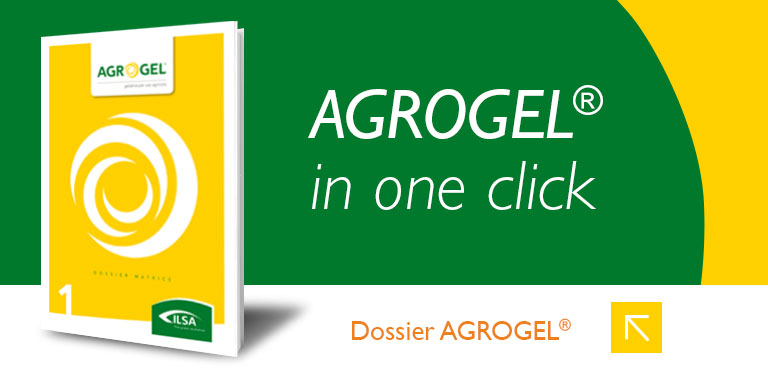
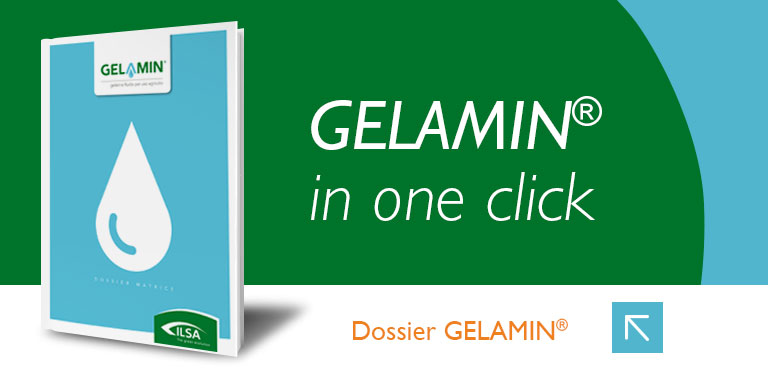
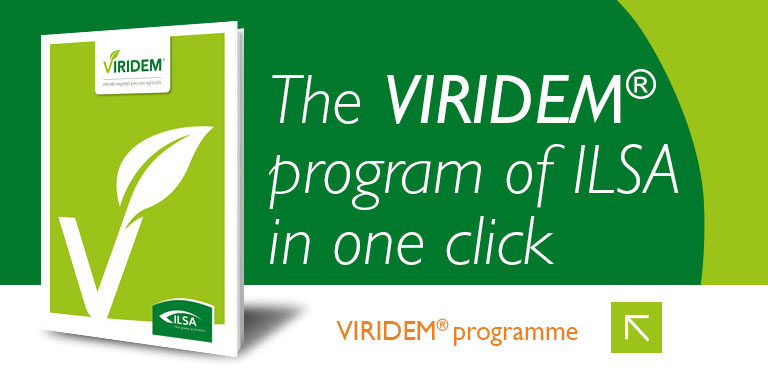

.png)
